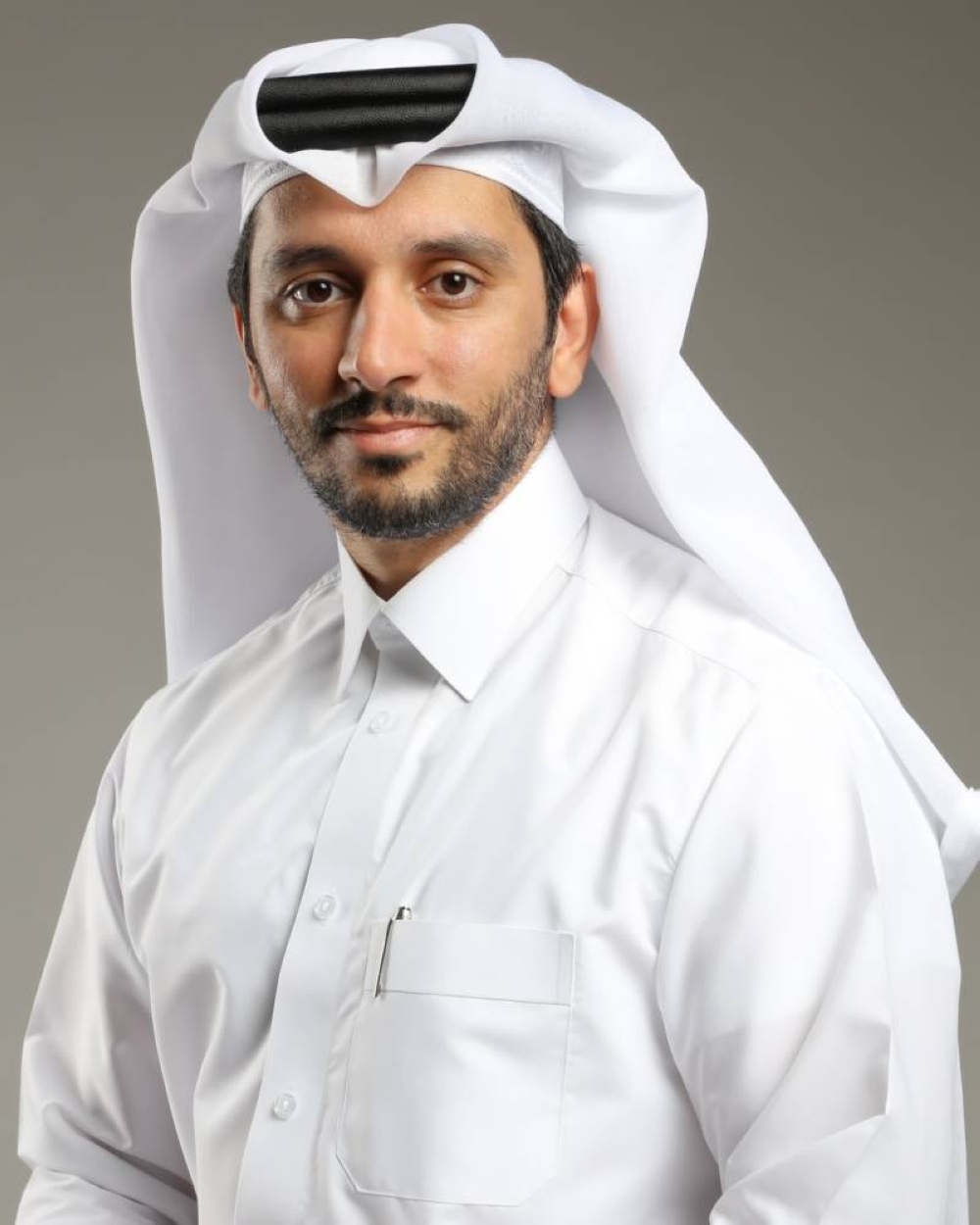The importance of a strategic approach to investments and economic planning in the Gulf emerged at the Qatar Economic Forum, held on May 23-25 at the Katara Towers in Lusail. The forum hosted discussions among business and political leaders from around the world.
HE Ali bin Ahmed al-Kuwari, Minister of Finance, Qatar, described the nation’s formula for managing budget surpluses. While the government has a Vision 2030, he emphasised that there is no end date, and that the wider strategic objective is to provide for future generations. Sustainability of the financial system and the wider economy is a priority.
‘We have developed a long-term fiscal policy framework, with a very clear mandate on how to deal with surpluses – how much goes to debt [repayment], how much goes to the Qatar Investment Authority, how much to goes to enhance Qatar’s central bank reserves.’
The formula is clear and settled, he said. The minister stressed the importance of building ‘cushions’ in the years of surplus, to help counter the risk of future periods of deficit. He pointed out that it is just three years since the oil price crashed to record lows, during the Covid-19 pandemic and lockdowns in 2020 when the price fell below $20 a barrel. ‘[People] have short memories,’ he said. In mid-2023 the price is in the range $70-80 per barrel.
Mohamed bin Abdullah al-Jadaan, Minister of Finance for Saudi Arabia, told the meeting that economic diversification cannot be mandated by governments alone – it requires initiatives to be taken by all sectors of the economy. ‘Government is the facilitator, and the regulator, so you need to make sure you engage the private sector.’ Any government subsidies of business activity should be tapered, to prevent state dependence, he said. Of central importance to economic diversification is investment in the education and training systems, as it is ultimately human talent that drives growth and diversification. He noted that female participation in the workforce in Saudi Arabia had reached 37%, double the rate of five years ago.
He was invited to respond to a conclusion by Bloomberg Economics that the oil price required for break-even on Saudi finances was $95 a barrel, although he declined to be comment on this point, saying that as Saudi Arabia is a market maker it would not be appropriate to discuss specific oil prices.
Kristalina Georgieva, Managing Director of the International Monetary Fund (IMF), addressing the same meeting, praised Gulf governments for their economic stewardship during recent turbulent years. While the region has benefited from higher prices for oil and gas, she praised the strategic economic planning with an emphasis on economic sustainability.
She noted the progress on diversification of Gulf economies, and told the Forum that economic growth in the non-hydrocarbon sector was actually higher, at 4.2%, than overall regional growth, projected to be 2.9% for 2023 by the IMF. Georgieva also congratulated Qatar for hosting a successful FIFA World Cup. ‘At a time when the world is more divided you brought everyone together. It was a celebration of global unity.’
She said that the Gulf region has assumed a role of leadership in global affairs. It has stabilized economies around the world by ensuring energy supplies during the conflict in Ukraine. She also commended economic reforms, citing Qatar’s liberalisation of the labour market as an example. The commitment of Gulf nations to global trade and international engagement holds the promise that the example of reform could be exported through influence. Reform of is an important priority for the IMF, to help countries that may be recipients of financial support ensure responsible economic management.
At a separate meeting, Georgieva and minister HE al-Kuwari of Qatar confirmed that Qatar is pledging 20% of its special drawing rights towards the IMF’s Poverty Reduction and Growth Trust and Resilience Support Trust. The pledge ‘would allow the IMF to expand concessional lending to low-income countries and expand lending to vulnerable-to-climate shocks countries,’ said Ms Georgieva. She commended Qatar’s ‘global leadership’ in making the commitment.
Also at the Forum the governor of the Central Bank of Qatar reaffirmed the policy commitment of pegging the Qatar Riyal to the US dollar. HE Sheikh Bandar bin Mohamed bin Saoud al-Thani said the peg ensures a balance between price stability, growth and financial stability. Qatar’s primary export is energy, which is priced in dollars, and he anticipated that the US dollar would remain the primary currency for international trade settlements.
The view was supported by leading economist Mohamed El-Erian. Writing in the Financial Times on May 25, he stated that there was no viable alternative to the dollar as global reserve currency because of the strength and depth of US financial markets, institutional stability and respect for the rule of law. But non-economic threats to the dollar’s dominance were emerging, for example alternatives to dollar-based trade following sanctions on Russia.
The dollar peg means that Qatar follows the US lead in setting interest rates. In early May the Qatar Central Bank raised the interest rate by 25 basis points, bringing the deposit rate to 5.5%. Inflation has risen sharply around the world, though is lower in Qatar at around 5%.
Announcements at this year's Qatar Economic Forum confirm policies of continuity and a long-term perspective. Investment strategies, counter-cyclical fiscal policies to cushion effects of volatility in oil prices, and maintaining the dollar peg, combine to ensure the best possible outlook for prosperity and opportunities for citizens in the Gulf.
The author is a Qatari banker, with many years of experience in the banking sector in senior positions.

